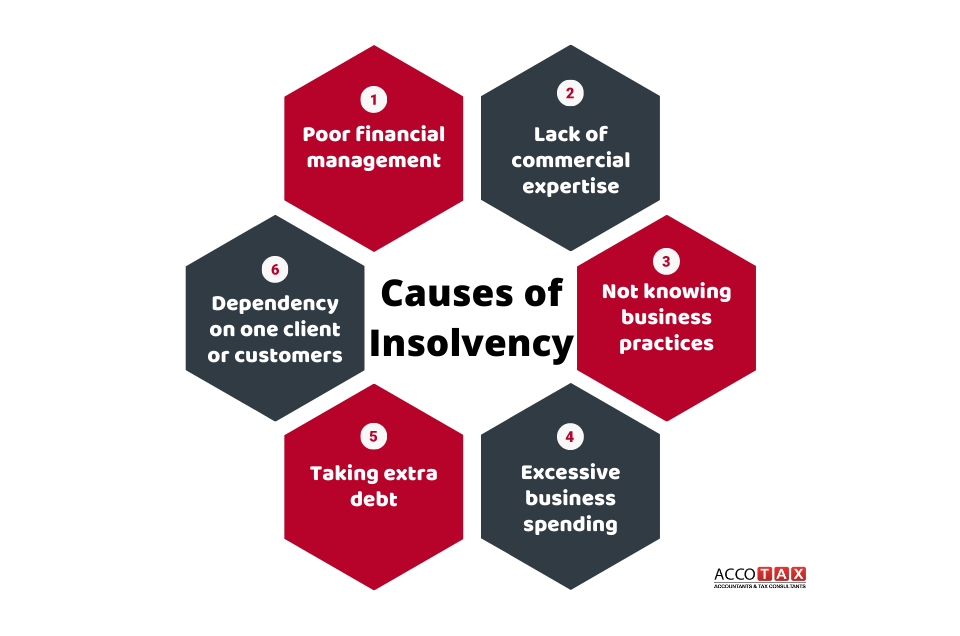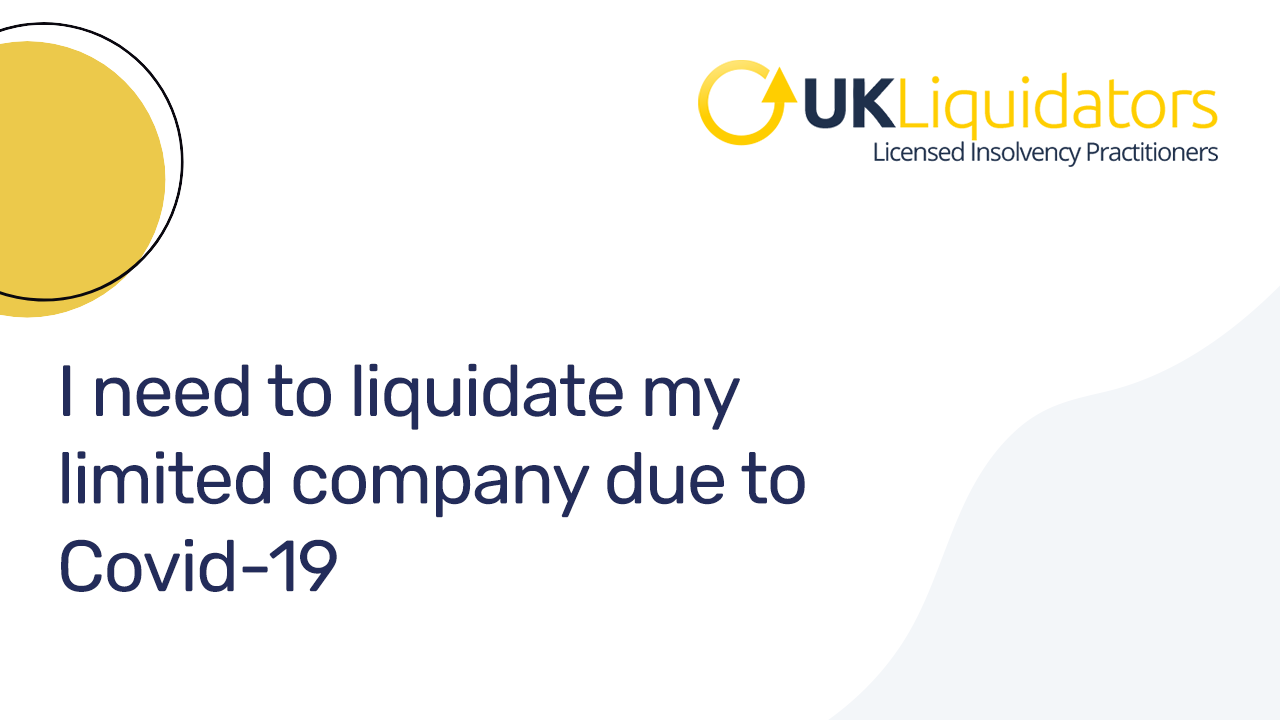Insolvency Practitioner Fundamentals Explained
Insolvency Practitioner Fundamentals Explained
Blog Article
What Does Insolvency Practitioner Mean?
Table of ContentsThe Ultimate Guide To Insolvency PractitionerThe 9-Minute Rule for Insolvency PractitionerThe Best Guide To Insolvency PractitionerFascination About Insolvency PractitionerThe Only Guide to Insolvency PractitionerSome Known Details About Insolvency Practitioner The 3-Minute Rule for Insolvency PractitionerGet This Report about Insolvency Practitioner
Personal bankruptcy is the procedure whereby a company is ended up and its possessions are offered off to pay creditors. This is normally the last resource, as it can have a really unfavorable effect on the firm's online reputation. Receivership happens when a company is incapable to pay its financial debts and is put under the control of an external manager.Voluntary management is comparable to receivership, but it is launched by the directors of the company instead than the lenders. This option is usually utilized when a company is encountering monetary troubles however there is still wish that it can be reversed. Corporate bankruptcy is a complex and significant concern that can have far-ranging ramifications for businesses of all sizes.
Some Known Incorrect Statements About Insolvency Practitioner
With the best aid, you can ensure that your company has the very best opportunity of weathering this hard time.
Whatever your reason for closing your company, there are lots of factors to consider you need to address before 'closing the doors'. There's likewise a great deal you can do to make the procedure much less stressful and improve results. Closing down your business is not practically fulfilling the practical and legal requirements.
The Single Strategy To Use For Insolvency Practitioner
Care for your workers As an employer, you need to check and give support to your employees throughout this difficult time. Recognize any feasible health and wellness and wellness issues they could experience as a result of: job insecuritytransitioning via the sale of the businesschange in owners. You can: There are broadly 2 scenarios in which you would voluntarily shut your service.
You likewise: do not want to, or can not, market the businesshave no-one to take it over. You could be closing your organization due to the fact that: it's not covering its overheads and running costsyou can't maintain the operating prices while trying to market it.
This might prevent you from ending up being insolvent or bankrupt, and aid you to leave the company with no lasting influences. There are many points you require to deal with prior to shutting your business. It is necessary to have a leave technique. Your accounting professional, lawyer or company advisor will certainly be able to help you with this.
7 Simple Techniques For Insolvency Practitioner
It gives a: timeline for finishing activitieslist of legal needs and other factors to consider. Depending on your lawful structure, all or a few of the following points could relate to you when you voluntarily shut your company. Talk to your accounting professional, lawyer and company consultant about lawful requirements for closing your organization. It is essential to view spend for these services to ensure you do it appropriately and with the minimum number of unfavorable effects as possible.
You should settle all tax obligation concerns for your business, even if it's no much longer trading. This includes your commitments concerning repayment of: edge advantages taxpay-as-you-go (PAYG)superannuationemployment discontinuation. Discover more regarding these responsibilities to staff members. You'll additionally require to terminate your employees' settlement plan by following instructions on page 4 of the WorkCover understanding your workers' compensation mishap insurance policy (PDF, 828KB).
The 7-Minute Rule for Insolvency Practitioner

If you try to handle it yourself, you'll need to interact with every financial institution independently to attempt to negotiate regular payment amounts. Insolvency or insolvency advisors can: assistance you with the processhelp you recognize your optionsnegotiate with your financial institutions on your part. They hold details permits and credentials in this specialized area.
It's vital to acknowledge monetary problem early so you can look at ways to stay clear of bankruptcy. You ought to also be mindful of financial institutions putting enquiries or defaults versus your debt data.
Getting My Insolvency Practitioner To Work
Individual insolvency for single investors and individuals within partnerships Individual insolvency procedures use to: Before starting an individual insolvency procedure, it's crucial to comprehend the: impact of the consequenceshow long the influence will be., also recognized as a Part IX arrangement, enables you, or the designated manager, to discuss with your creditors to pay a percent of the consolidated financial obligations over a duration of time to your administrator, instead than trying you can find out more to proceed making payments to each financial institution.
The smart Trick of Insolvency Practitioner That Nobody is Talking About
Firm insolvency and liquidation An 'financially troubled firm' is unable to pay its financial obligations or cover the price of its overheads. In some circumstances, bankrupt firms may go into liquidation. Liquidation is when an independent licensed liquidator is appointed to take control over the company and wind up the firm organization in an organized way.
As noted in the Introduction, while the record shares particular choices relative to some of the more vital of these choices, it does not attempt to develop standards in this complex area. Moreover, it Your Domain Name may require to be updated in the future to think about advancements in this field.
All About Insolvency Practitioner

Report this page